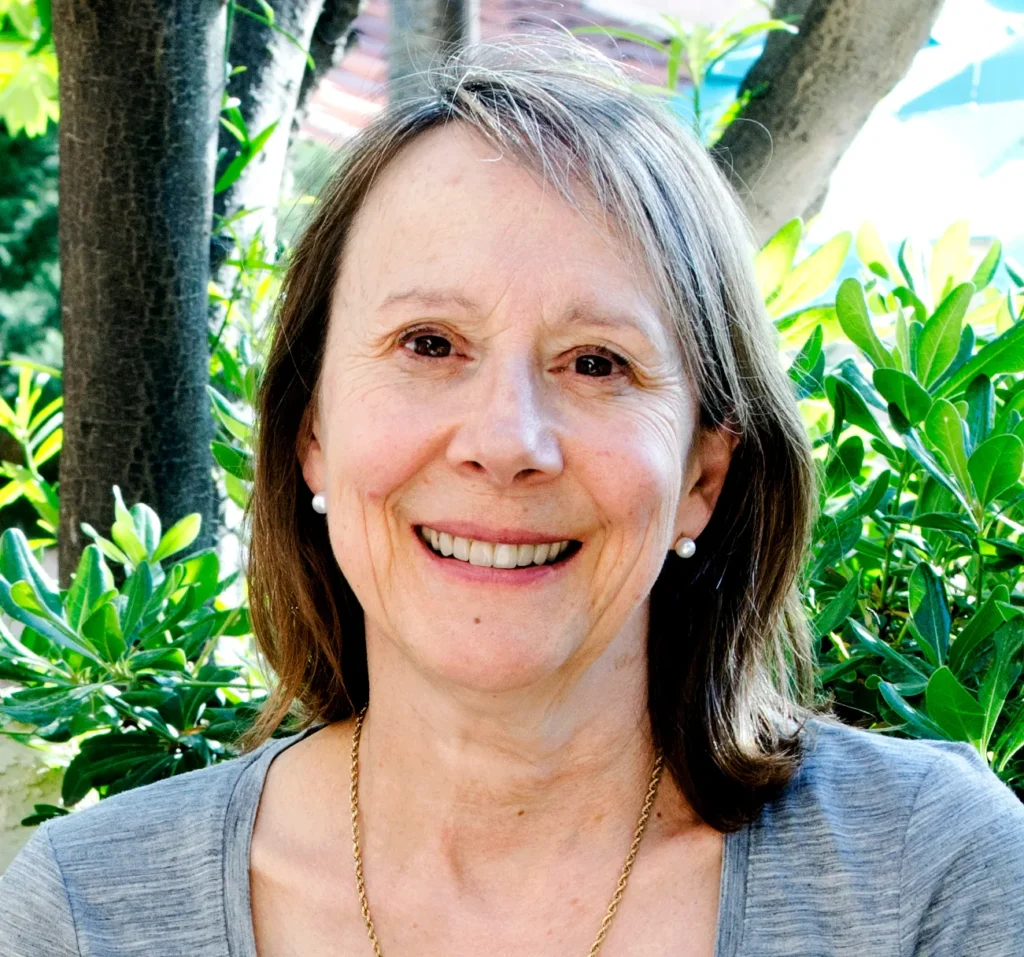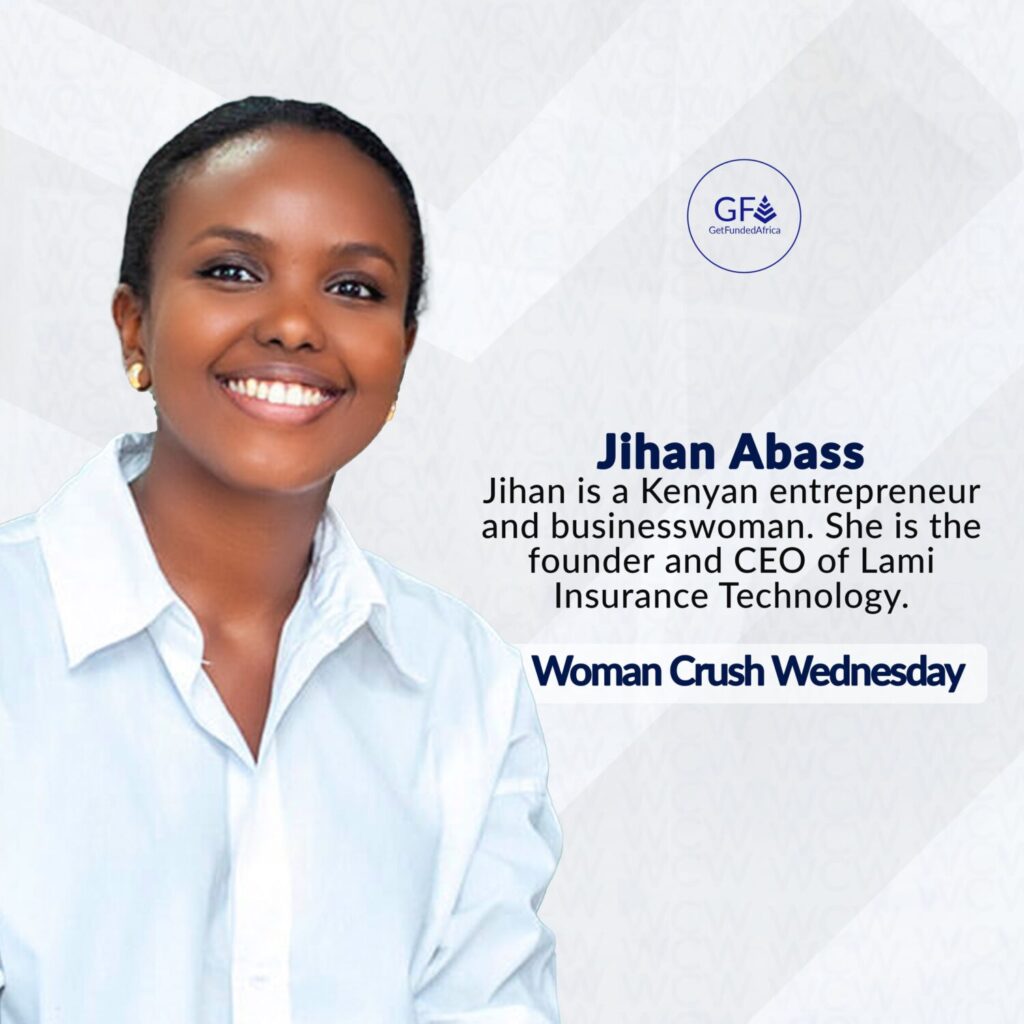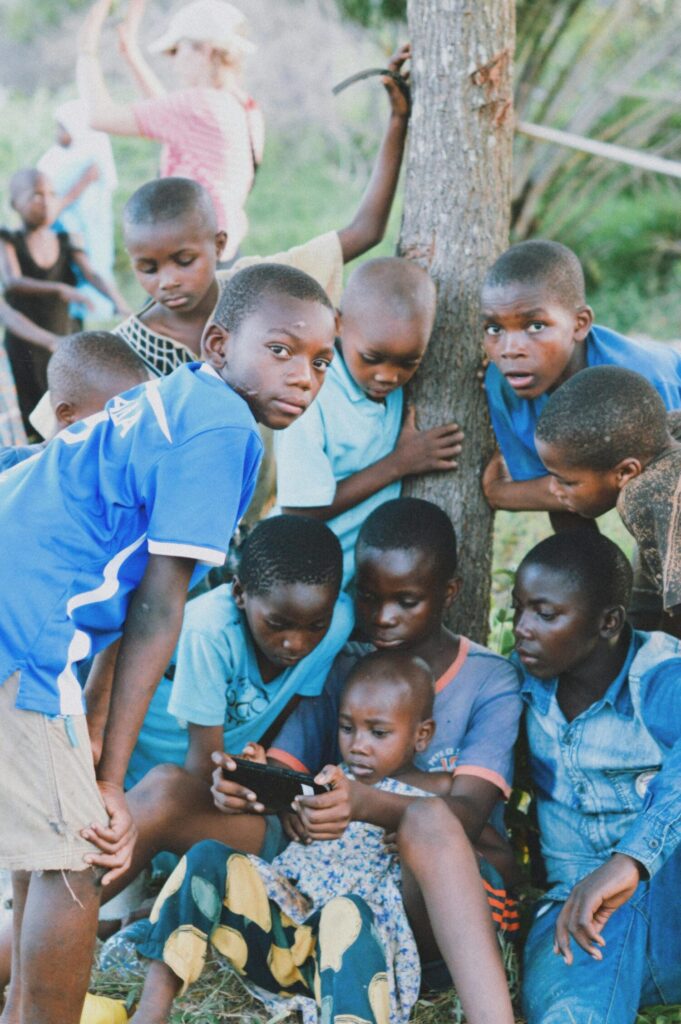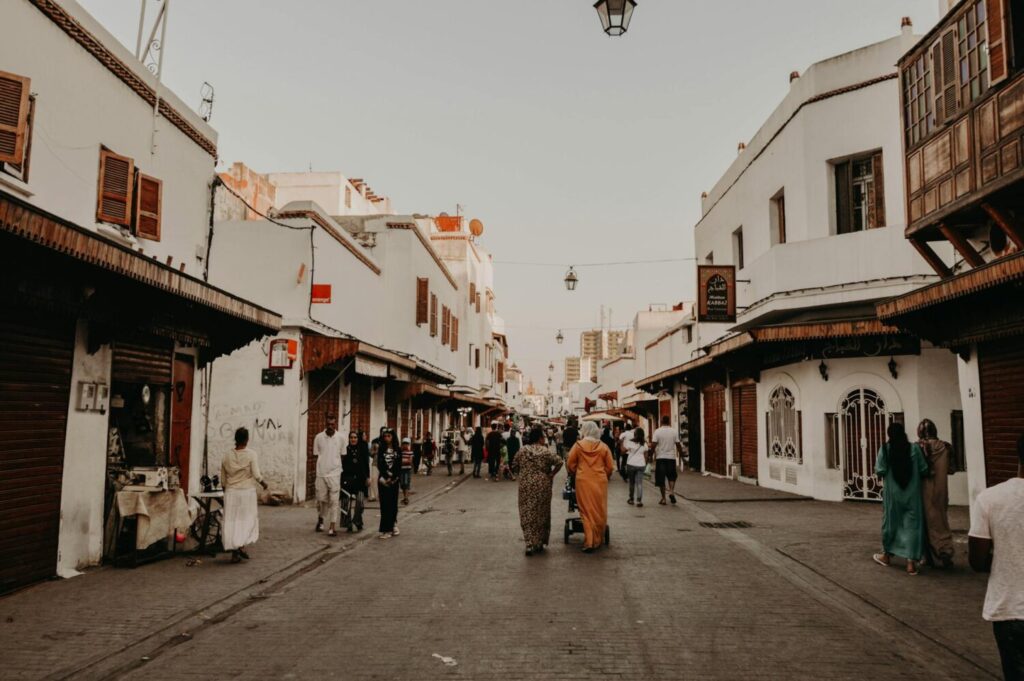Africa’s startup ecosystem is booming, driven by a young population, increasing digital adoption, and untapped markets. With foreign direct investment (FDI) and venture capital (VC) fueling innovation, Africa is poised for transformative economic growth. This Technocrat Magazine article explores the top angel investors in Africa, investment trends, the total capital invested over the past five years,
YTC Ventures’ open call to African investors and its NGO foundation collaborations, and the best strategies to propel Africa from third-world to second-world status, including a timeline for this transition.

Top Angel Investors in Africa: Catalysts of Change
Angel investors are pivotal in bridging the funding gap for African startups, providing capital, mentorship, and networks. According to a 2024 report by the African Business Angels Network (ABAN), over 3,000 angel investors are active across 37 African countries, with investments quadrupling to over $35 million between 2020 and 2023.
Here are some of the most active angel investors shaping Africa’s tech landscape:
- Esther Dyson
- Focus: Fintech, healthtech, and off-grid solutions.
- Notable Investments: Angaza (solar solutions), Nomanini (financial inclusion), Ilara Health (healthcare delivery).
- Impact: Dyson’s broad portfolio reflects her belief in addressing fundamental challenges through scalable startups.
- Olumide Soyombo
- Focus: Fintech and tech-enabled solutions.
- Notable Investments: PiggyVest, TeamApt, Mono.
- Impact: As co-founder of Bluechip Technologies, Soyombo reinvests in Nigeria’s startup ecosystem, emphasizing disruptive financial services.
- Odunayo Eweniyi
- Focus: Female-led startups, fintech, and savings platforms.
- Notable Investments: First Check Africa (pre-seed fund), Bamboo, Juicyway.
- Impact: Co-founder of PiggyVest, Eweniyi champions gender equity in tech through her fund, First Check Africa.
- Shola Akinlade
- Focus: Fintech, community platforms, and payroll solutions.
- Notable Investments: EarniPay, Afropolitan.
- Impact: Paystack’s co-founder reinvests his success into African startups, fostering local ecosystems.
- Olugbenga “GB” Agboola
- Focus: Insurtech, e-commerce, and fintech.
- Notable Investments: Curacel, Tushop.
- Impact: Flutterwave’s CEO leverages his expertise to back scalable, tech-driven ventures.

Key Insight:
Angel investors in Africa favor high-growth, scalable startups, with agriculture and agtech overtaking fintech as the top sector, though fintech still accounts for 30% of angel deals since 2016. Collaboration through syndicates like ABAN and Rising Tide Africa enhances risk-sharing and expertise.
YTC Ventures’ Open Call to African Investors
YTC Ventures, an Investment Technology Company leveraging AI and blockchain, is issuing an open call to African investors to join its mission of driving economic growth across the continent. By partnering with YTC Ventures, investors gain access to:
- Curated Deal Flow: Access to high-potential startups in fintech, agtech, and healthtech.
- AI-Driven Insights: Proprietary tools for deal-sourcing and due diligence.
- Blockchain Transparency: Secure, transparent investment tracking.
- Networking Opportunities: Connect with global and local investors at YTC Ventures’ exclusive events.

How to Join:
Visit YTC Ventures to register your investment parameters or contact investors@ytcventures.com. Whether you’re a high-net-worth individual (HNI) or part of an angel network, YTC Ventures offers a platform to amplify your impact in Africa’s startup ecosystem.
YTC Ventures NGO Foundation Collaborations:
YTC Ventures collaborates with NGOs and foundations across Africa to drive impact investing. These partnerships focus on sustainable development in education, healthcare, and agriculture, aligning with YTC’s mission to foster socio-economic progress. For example, collaborations with organizations like the Bill & Melinda Gates Foundation and the African Development Bank mirror successful models by firms like AfricInvest. Investors and NGOs can join YTC Ventures’ initiatives to fund startups that address local challenges while delivering financial returns. Contact YTC Ventures to explore collaboration opportunities and get funded.
Let’s Design Your Impact Program
Fill out the brief or reach out to us directly.We usually respond within 24 hours.
📧 Email: foundation.ngo@ytcventures.com
📍 Locations: India | UAE | Estonia | Africa
🔗 Web: https://ytcventures.com/ngo-foundation-consulting/
Investment Trends in Africa: A Dynamic Landscape
Africa’s investment landscape is evolving rapidly, driven by demographic advantages, digital transformation, and sector-specific opportunities. Key trends include:
- Rise of Tech Hubs: Lagos, Nairobi, Cape Town, and Cairo are emerging as startup capitals, producing unicorns like Flutterwave, OPay, and Moniepoint.
- Sector Diversification: While fintech remains strong (30% of angel deals), agtech has surged due to Africa’s vast arable land (23% of sub-Saharan GDP). Healthtech, cleantech, and edtech are also gaining traction.
- Increasing Local Investment: African founders like Akinlade and Agboola are reinvesting, boosting local ecosystems. Diaspora remittances are also being formalized as angel capital.
- Impact Investing: Investors prioritize ventures with social and environmental impact, such as renewable energy and healthcare, driven by Africa’s youth bulge and urbanization.
- Angel Network Growth: Over 75 angel networks, including ABAN, Cairo Angels, and Addis Ababa Angels, facilitate early-stage funding, with $100 million annually invested in startups.

Total Capital Invested in Africa (2020–2024)
Foreign direct investment (FDI) and venture capital (VC) inflows provide a snapshot of Africa’s investment landscape over the past five years:
- 2020: FDI inflows were $38 billion, with VC funding at ~$1.2 billion.
- 2021: FDI peaked at $83 billion, driven by a large South African transaction. VC funding rose to ~$4.6–$6.5 billion.
- 2022: FDI dropped to $45 billion, with VC funding at ~$4.8 billion. Greenfield projects in energy and gas surged to $120 billion.
- 2023: FDI remained stable at $48 billion, with VC funding between $2.9–$4.1 billion, reflecting a global slowdown but sustained interest in African tech.
- 2024: Preliminary data suggests FDI at ~$50 billion, with VC funding rebounding to ~$4 billion, driven by megadeals in fintech and agtech.
Total (2020–2024): Approximately $264 billion in FDI and $17.5–$20.6 billion in VC funding. The energy, extractive industries, and tech sectors dominate, with the UAE, USA, France, and China as top investors.

Timeline for Africa’s Economic Transition
Transitioning from third-world to second-world status depends on GDP per capita growth, industrialization, and infrastructure development. Most African nations are classified as low-income (third-world), with GDP per capita below $1,086 (World Bank, 2023). Second-world status aligns with lower-middle-income ($1,086–$4,255) or upper-middle-income ($4,256–$13,205) economies.
- Current State: Sub-Saharan Africa’s GDP per capita averages ~$1,600, with countries like Nigeria ($2,162) and Kenya ($2,082) nearing lower-middle-income status.
- Key Drivers:
- Population Growth: By 2050, Africa’s population will reach 2.5 billion, with Nigeria overtaking the US as the third-largest nation. This creates a massive consumer market and workforce.
- Digital Transformation: Internet penetration (43% in 2023) and mobile adoption drive tech innovation.
- Regional Integration: The African Continental Free Trade Area (AfCFTA) boosts intra-African trade, projected to increase GDP by 7% by 2030.
- Timeline Estimate:
- Short-Term (5–10 years, 2025–2035): Countries like Nigeria, Kenya, and Ghana could reach lower-middle-income status by sustaining 5–7% annual GDP growth, driven by tech and agriculture. Investments in education and infrastructure are critical.
- Medium-Term (10–20 years, 2035–2045): With consistent FDI ($50–$80 billion annually) and VC growth, nations like Ethiopia and Morocco could join South Africa in upper-middle-income status.
- Long-Term (20–30 years, 2045–2055): Widespread second-world status is achievable if 60% of Africa’s youth are employed in high-value sectors like tech and manufacturing.

Challenges: High interest rates (20–30%), geopolitical instability, and climate change could delay progress. Policymakers must incentivize private-sector investment and develop capital markets.
Total Time: 20–30 years for most African nations to achieve second-world status, with frontrunners like Nigeria and Kenya potentially faster (10–15 years) if investment trends persist.
Conclusion: Join YTC Ventures to Shape Africa’s Future
Africa’s investment landscape is a goldmine of opportunity, with $264 billion in FDI and $17.5–$20.6 billion in VC over the past five years fueling tech hubs and unicorns. Angel investors like Esther Dyson and Olumide Soyombo are driving early-stage growth, while YTC Ventures invites African investors to join its AI- and blockchain-powered platform to fund high-potential startups.
By focusing on fintech, agtech, and impact investing, and leveraging local and diaspora capital, Africa can transition to second-world status within 20–30 years.
📧 Email: foundation.ngo@ytcventures.com
📍 Locations: India | UAE | Estonia | Africa
🔗 Web: https://ytcventures.com/ngo-foundation-consulting/
📧 Email: investors@ytcventures.com
📍 Locations: India | UAE | Estonia | Africa
🔗 Web: https://ytcventures.com
YTC Ventures’ NGO collaborations amplify this impact, creating sustainable solutions.
Join YTC Ventures today at ytcventures.com to invest in Africa’s future and get funded.

Comments